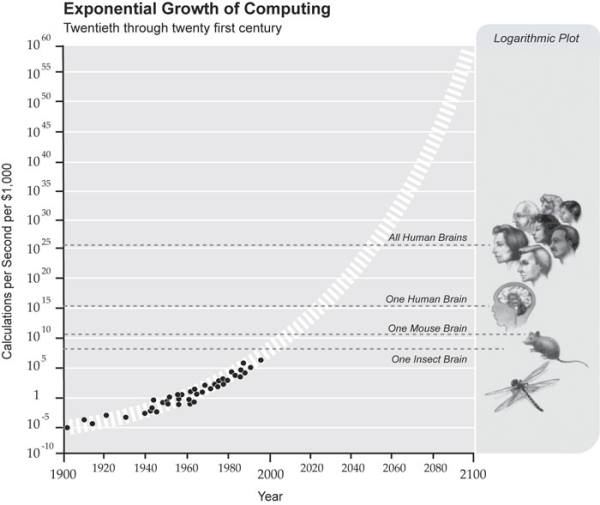
Category: computing


These New Quantum Materials Can Conduct Electricity at Nearly the Speed of Light
Physicists have been testing the properties of new 2D quantum materials that could usurp graphene as the ‘wonder materials’ of the future.
These materials, which can conduct electricity at nearly the speed of light, could replace silicon in the next generation of hyper-speed computers. One could even form the basis of a new “exotic superconductor” that could actually break time-reversal symmetry — or reverse the flow of time.
“Finally, we can take exotic, high-end theories in physics and make something useful,” says one of the researchers, Jing Xia, from the University of California, Irvine.

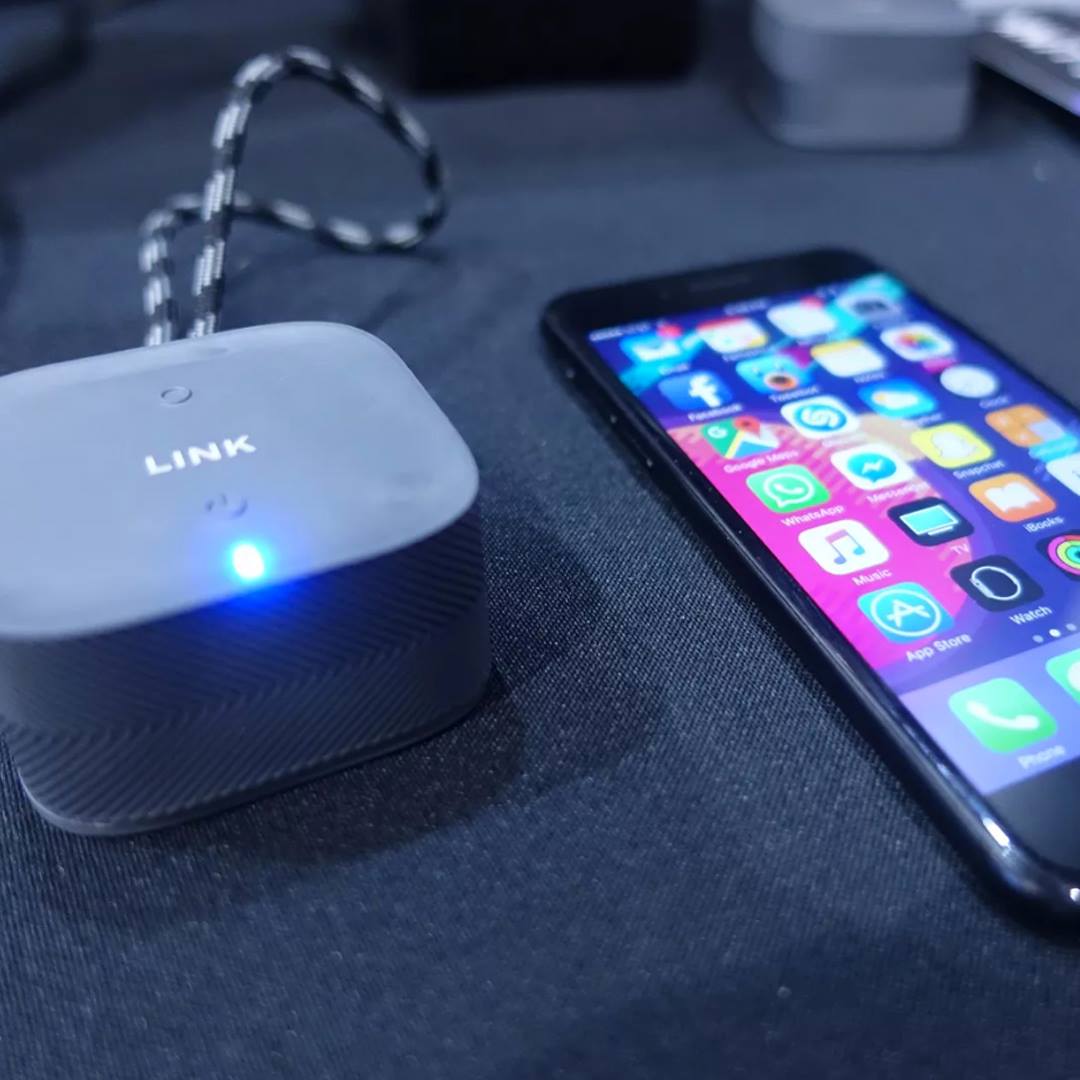

Elon Musk Outlines His Mission to Link Human Brains With Computers in 4 Years
What you do on the Internet is nobody’s business but yours. At ProxySite.com, we stand between your web use and anyone who tries to sneak a peek at it. Instead of connecting directly to a website, let us connect to the website and send it back to you, and no one will know where you’ve been. Big Brother (or other, less ominous snoops) won’t be able to look over your shoulder and spy on you to see what you’re reading, watching or saying.
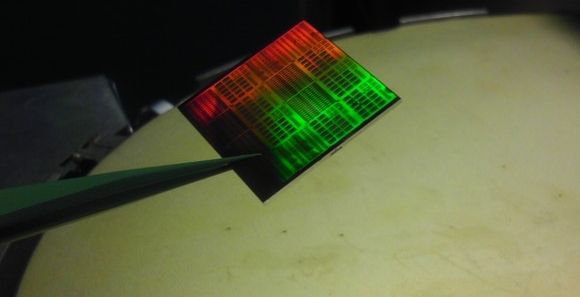
Researchers build a microprocessor from flexible materials
Researchers have built a primitive microprocessor out of a two-dimensional material similar to graphene, the flexible conductive wonder material that some believe will revolutionize the design and manufacture of batteries, sensors and chips.
With only 115 transistors, their processor isn’t going to top any benchmark rankings, but it’s “a first step towards the development of microprocessors based on 2D semiconductors,” the researchers at Vienna University of Technology said in a paper published in the journal Nature this month.

Elon Musk’s new company wants to link human brains with computers in 4 years
Tesla founder and chief executive Elon Musk said his latest company Neuralink is working to link the human brain with computers by creating micron-sized devices.
Neuralink is aiming to bring to the market a product that helps with certain severe brain injuries due to stroke and cancer lesion in about four years, Musk said in an interview with the website Wait But Why on Thursday.
“If I were to communicate a concept to you, you would essentially engage in consensual telepathy,” Musk said in the interview. Neuralink will be Musk’s third company along with Tesla and SpaceX.
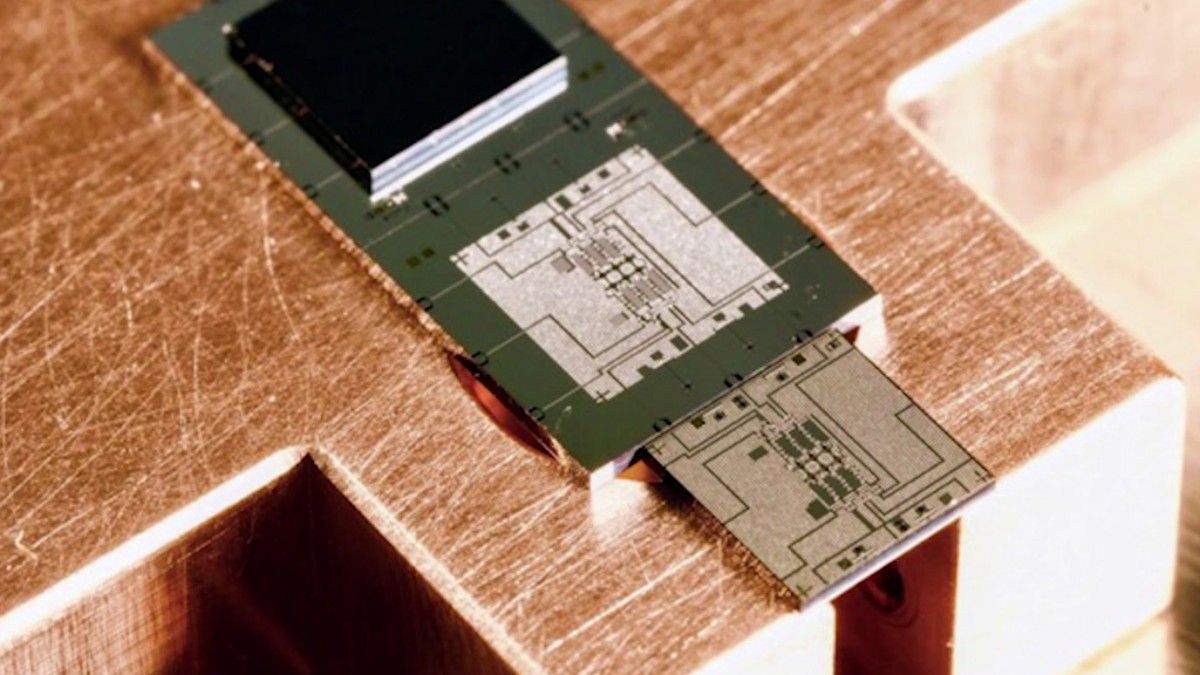

Facebook Literally Wants to Read Your Thoughts
“Our brains produce enough data to stream 4 HD movies every second. The problem is that the best way we have to get information out into the world — speech — can only transmit about the same amount of data as a 1980s modem,” CEO Mark Zuckerberg said in a Facebook post.
At Facebook’s annual developer conference, F8, on Wednesday, the group unveiled what may be Facebook’s most ambitious—and creepiest—proposal yet. Facebook wants to build its own “brain-to-computer interface” that would allow us to send thoughts straight to a computer.
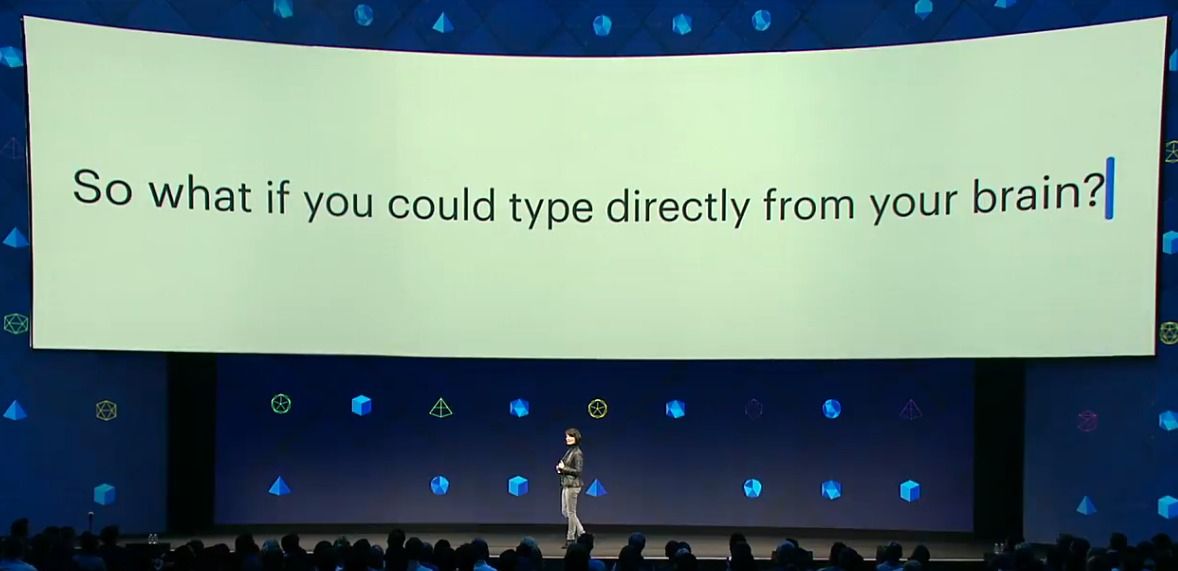
What if you could type directly from your brain at 100 words per minute?
Regina Dugan, PhD, Facebook VP of Engineering, Building8, revealed today (April 19, 2017) at Facebook F8 conference 2017 a plan to develop a non-invasive brain-computer interface that will let you type at 100 wpm — by decoding neural activity devoted to speech.
Dugan previously headed Google’s Advanced Technology and Projects Group, and before that, was Director of the Defense Advanced Research Projects Agency (DARPA).